12 GPTs for AI Roleplay Powered by AI for Free of 2025
AI GPTs for AI Roleplay are advanced artificial intelligence models designed to enable immersive, interactive role-playing experiences. By leveraging Generative Pre-trained Transformers, these tools are adept at understanding and generating human-like text, making them ideal for creating detailed, dynamic narratives and characters in role-playing scenarios. Their relevance lies in their ability to provide tailored, sophisticated dialogues and environments, enhancing the depth and realism of role-play experiences across various domains.
Top 10 GPTs for AI Roleplay are: Dungeon Adventure Engine,Deep Saga,{userName}'s Game,【AI人狼】AI Jinrou Game,Tax Evasion,エール魔法学校の猫探し,Pirates in Paradise, a text adventure game,Battles in Paradise, a text adventure game,Who is Mafia?,Cosmic Voyager: Chart New Stars!
Dungeon Adventure Engine
Your AI-Powered Fantasy, Unleashed
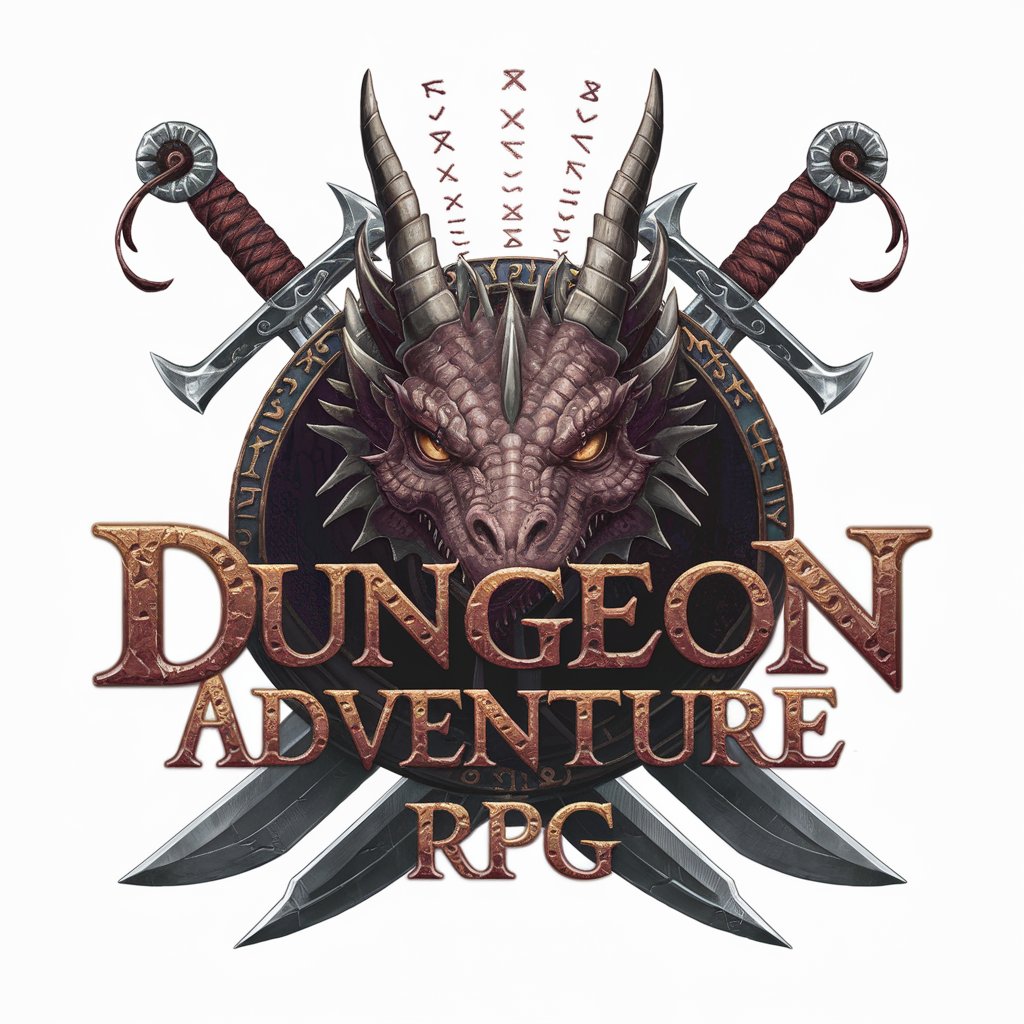
Deep Saga
Embark on AI-crafted, player-driven tales.
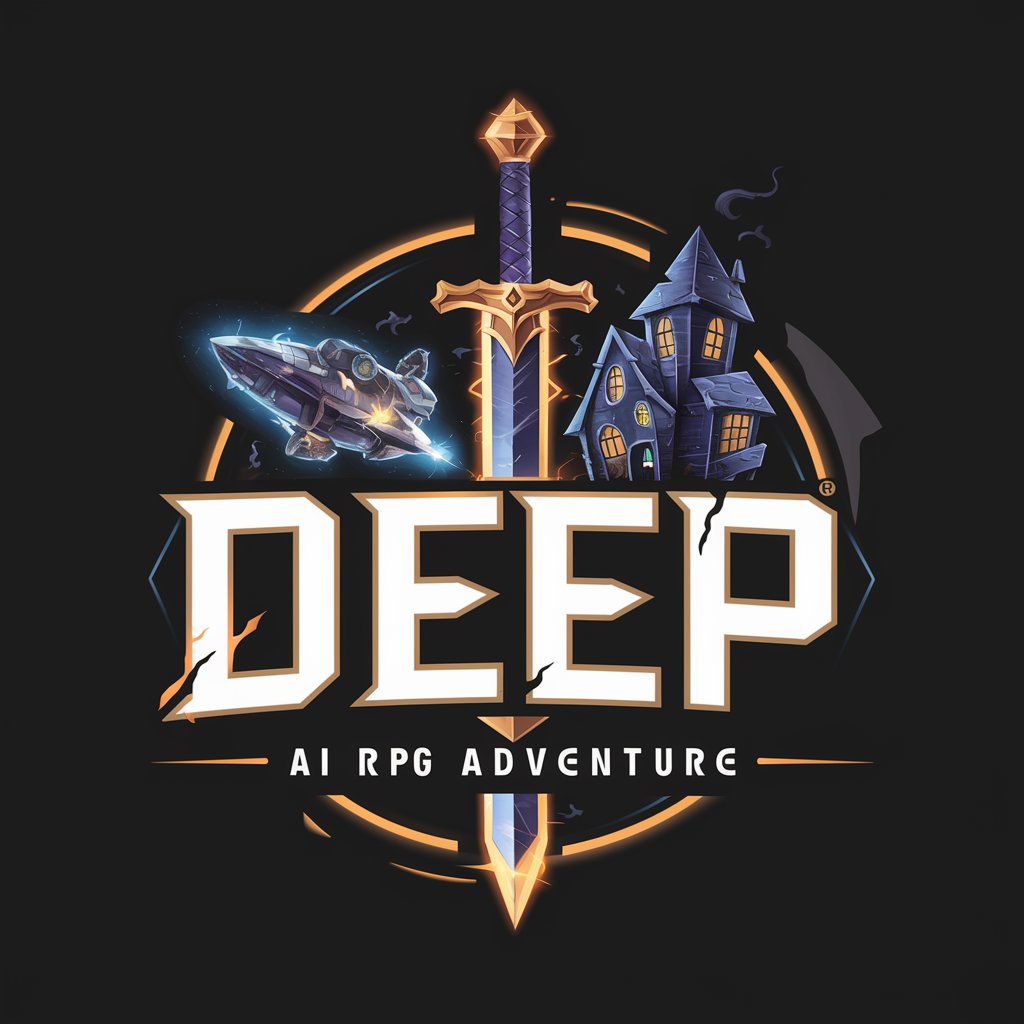
{userName}'s Game
Craft Your Adventure with AI
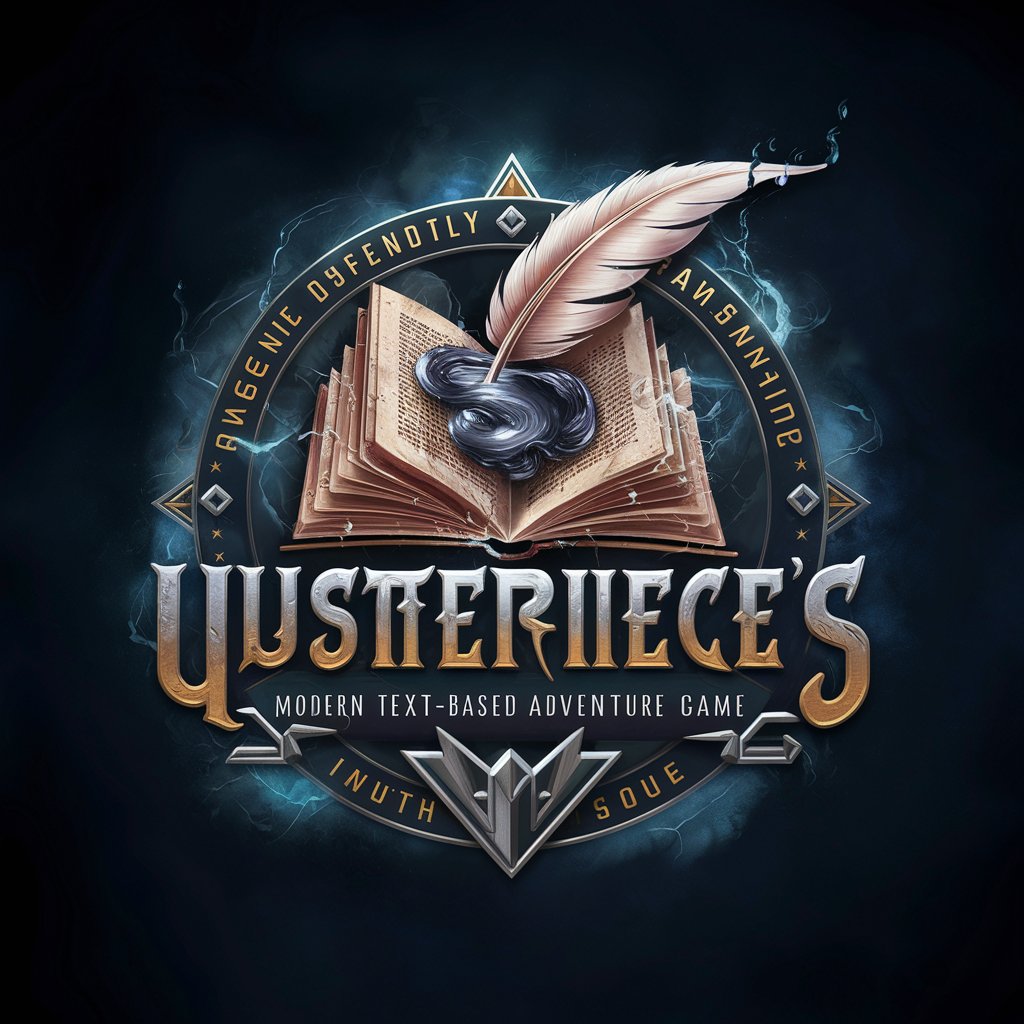
【AI人狼】AI Jinrou Game
Strategize, Decide, Survive: AI-Powered Werewolf

Tax Evasion
Outwit the galaxy's craftiest tax collector.
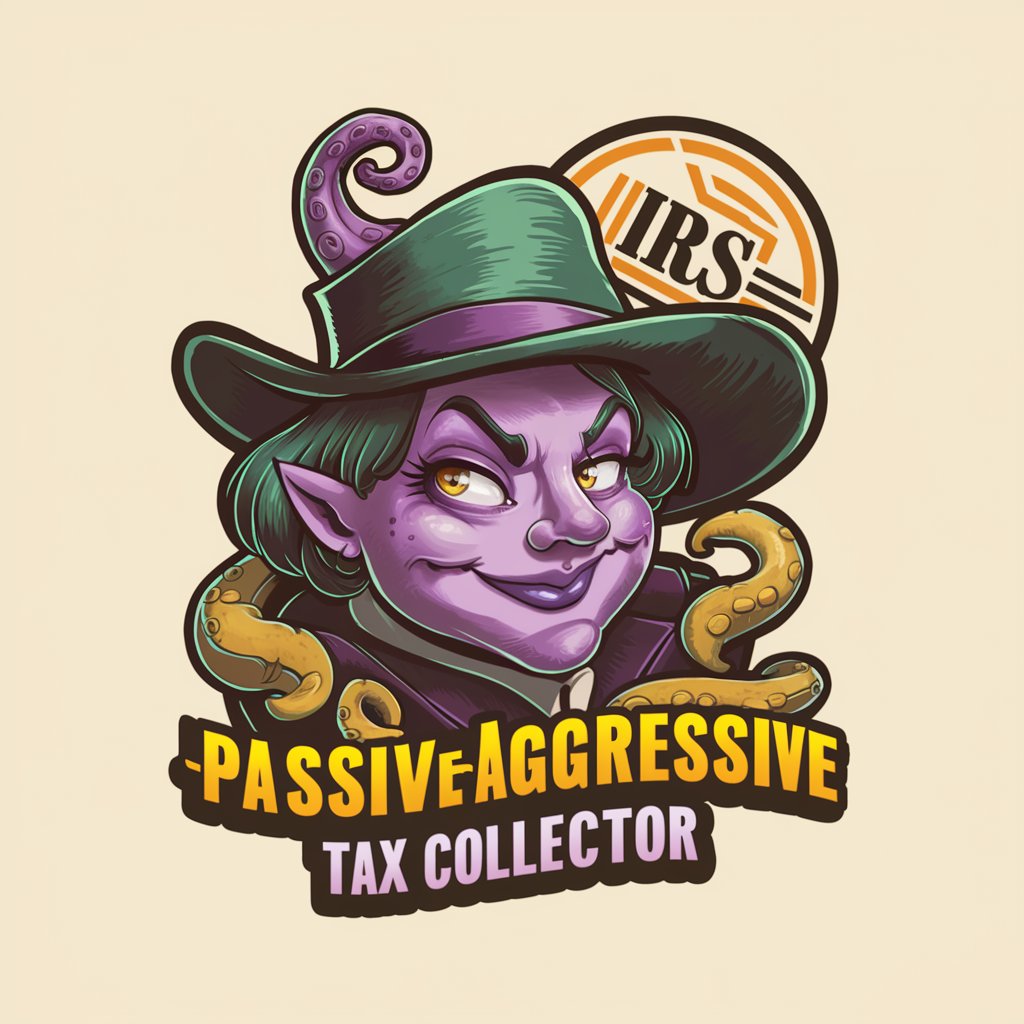
エール魔法学校の猫探し
Uncover the Magical Cat in Disguise

Pirates in Paradise, a text adventure game
Embark on AI-Powered Pirate Quests

Battles in Paradise, a text adventure game
Strategize, Conquer, and Rewrite History

Who is Mafia?
Strategize, Deduce, Survive - AI-Powered Mafia!

Cosmic Voyager: Chart New Stars!
Embark on AI-powered cosmic journeys.

Pixel Face Quest by BotBot
Shape adventures with your digital identity.
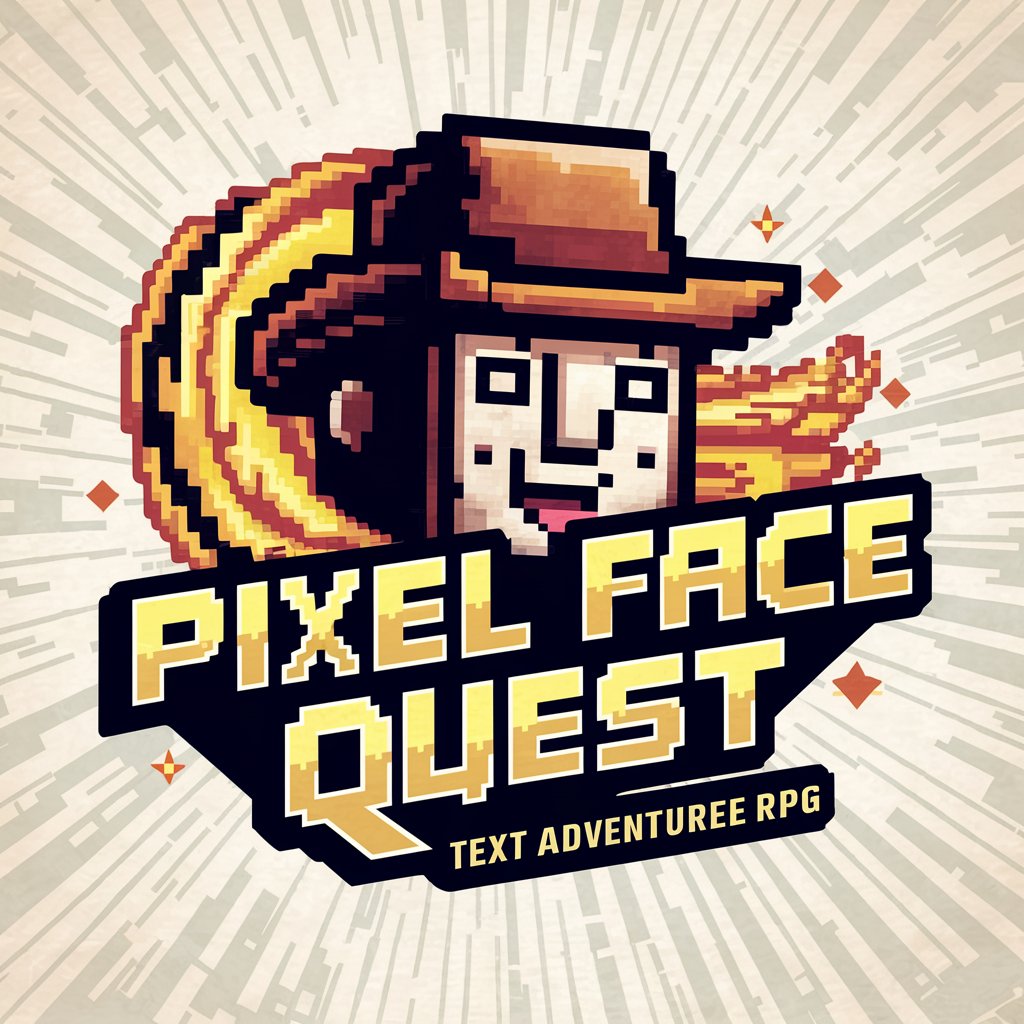
Synthetic Drifter, a text adventure game
Shape Adventures with AI

Key Attributes and Functionalities
AI GPTs for AI Roleplay are characterized by their versatility and adaptability, allowing users to craft experiences ranging from simple dialogues to complex, multi-layered stories. These tools can learn from inputs to generate responsive, context-aware interactions. Special features include language learning capabilities, technical support, advanced web searching, image creation through descriptive prompts, and data analysis to enrich the role-playing environment. Such functionalities enable the creation of highly detailed and customized role-play scenarios, bridging the gap between virtual and real-world complexities.
Who Benefits from AI Roleplay Tools
The primary beneficiaries of AI GPTs for AI Roleplay include novices seeking engaging storytelling experiences, developers crafting interactive applications, and professionals in creative industries looking for innovative narrative tools. These AI systems are accessible to users without coding knowledge, offering intuitive interfaces, while also providing powerful customization options for those with technical skills. This broad accessibility ensures that a wide range of users can leverage AI Roleplay tools to enhance their creative projects or entertainment experiences.
Try Our other AI GPTs tools for Free
Warranty Insights
Discover how AI GPTs revolutionize warranty management with predictive insights, streamlined processes, and enhanced customer satisfaction, suitable for users of all technical levels.
Manga Inspiration
Unlock your manga creation potential with AI GPTs for Manga Inspiration, your go-to solution for generating ideas, characters, and visuals effortlessly.
Live Chat
Revamp your business's buzz and erode straits with our generative text-based GPTs, reimagining live chat from volume to technical talk.
Manuscript Drafting
Unlock the potential of your writing with AI GPTs for Manuscript Drafting, the ultimate AI tool for enhancing creativity, productivity, and precision in manuscript preparation.
Plugin Creation
Unlock the potential of plugin development with AI GPTs: intuitive, adaptable tools designed to streamline creation, enhance functionality, and revolutionize the software industry.
Learning Strategies
Discover how AI GPTs for Learning Strategies can transform your educational experience with dynamic, tailored learning solutions. Engage with personalized content and gain deeper insights into your learning journey.
Further Perspectives on AI Roleplay Integration
AI GPTs for AI Roleplay offer potential beyond entertainment, including in education, therapy, and training, by providing realistic simulations and interactions. The user-friendly interfaces and integration capabilities with existing systems or workflows underscore their versatility, making them valuable tools in various sectors seeking to leverage AI for enhanced interactive experiences.
Frequently Asked Questions
What exactly is AI Roleplay?
AI Roleplay involves using AI tools to create interactive, narrative-driven experiences where users can engage in conversations and scenarios generated by the AI, simulating various roles and environments.
How do AI GPTs enhance role-playing experiences?
By generating realistic, dynamic dialogues and scenarios, AI GPTs add depth and realism to role-playing, making the experiences more engaging and immersive.
Can AI Roleplay tools generate images?
Yes, certain AI Roleplay tools can create images based on descriptive prompts, adding a visual dimension to the narrative experiences.
Do I need programming skills to use AI Roleplay tools?
No, many AI Roleplay tools are designed with user-friendly interfaces that do not require programming knowledge, making them accessible to a wide audience.
How can developers customize AI Roleplay experiences?
Developers can use APIs and coding to tailor the AI's responses, scenarios, and characters, enhancing the complexity and uniqueness of the role-play scenarios.
Are AI Roleplay tools useful in education?
Yes, they can simulate historical events, scientific debates, or literary discussions, offering an interactive learning experience.
Can AI GPTs handle multiple languages in role-playing scenarios?
Many AI GPTs are equipped with multilingual capabilities, allowing for role-playing experiences in various languages.
What are the limitations of AI Roleplay tools?
While highly advanced, they may sometimes generate responses that lack context or deviate from the desired narrative, requiring user guidance to stay on track.